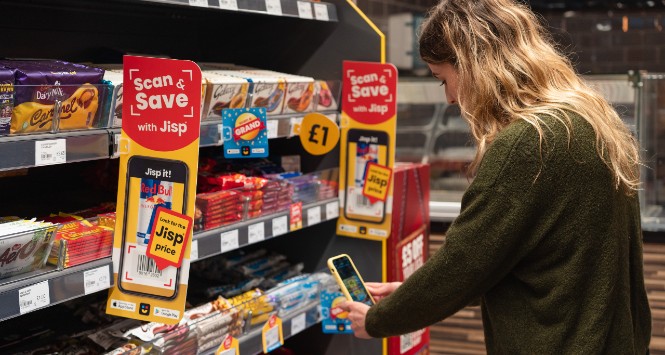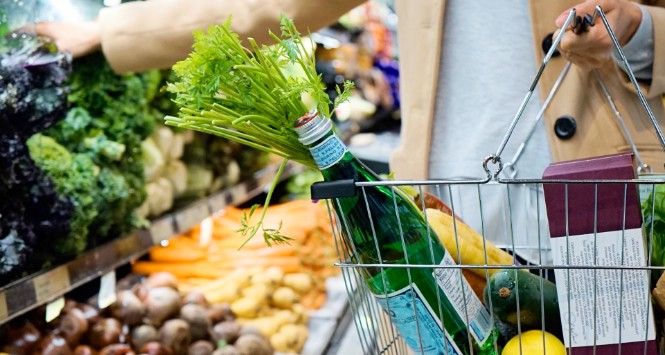A consumer focus on value and price points is causing the plant-based category to struggle for growth, new data reveals.
The data, from NIQ, reveals that 73% of plant-diet shoppers are actively trying to make savings on their grocery bills, with buying into promotions (62%) their preferred way to do this.
Data from NIQ shows that alternatives still cost significantly more than the standard range and it is likely that shoppers are becoming more price sensitive in the current challenging economic conditions.
Veganuary – traditionally a time for shoppers to switch to dairy and meat alternative diets – resulted in a decline in unit sales for most dairy and meat alternative categories in January 2023 compared with the same period last year.
With this in mind, NIQ data shows that when shopping for plant-based alternative products, the discounters are making “rapid gains”. Aldi’s MAT value share of dairy and meat alternatives this year rose to 7.7% and Lidl’s increased to 5.4%, compared with the other grocery retailers where sales either remained the same or declined.
However, there still remains a market for plant-based products, as NIQ data shows that 38% of the UK population are replacing meals containing meat with vegan or vegetarian alternatives at least once a week. They are also turning to plant-based categories when looking to indulge, with value sales for Magnum Vegan ice cream up 7% compared with two years ago, while value sales of Little Moons have soared by 2,168% compared with two years ago.
The data shows 52% of plant-based shoppers buy new product developments once a month or more, meaning retailers and brands must focus on innovation as well as these core trends to ensure they are targeting plant-based shoppers effectively.
Katrina Bishop, UK Thought Leadership Activation Manager at NIQ, said: “There continues to be a market for plant-based alternatives, and many consumers are still reducing the amount of meat they eat, so it is important to appeal to flexitarians as well as those with vegan or vegetarian diets.
“Messaging is therefore key – bringing the out-of-home occasion inside can save money, even with premium products, and consumers are still willing to spend on occasional indulgent treats. It’s also crucial to pay closer attention to your target consumer – messages around health and sustainability resonate strongly with shoppers who are regularly eating a more plant-based diet, so focus on ensuring these are clear when promoting such products to shoppers.”






